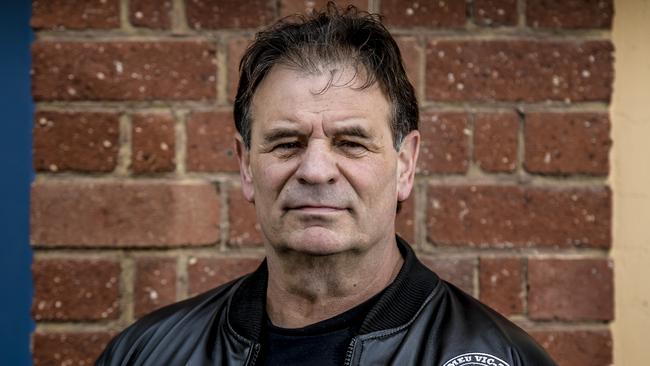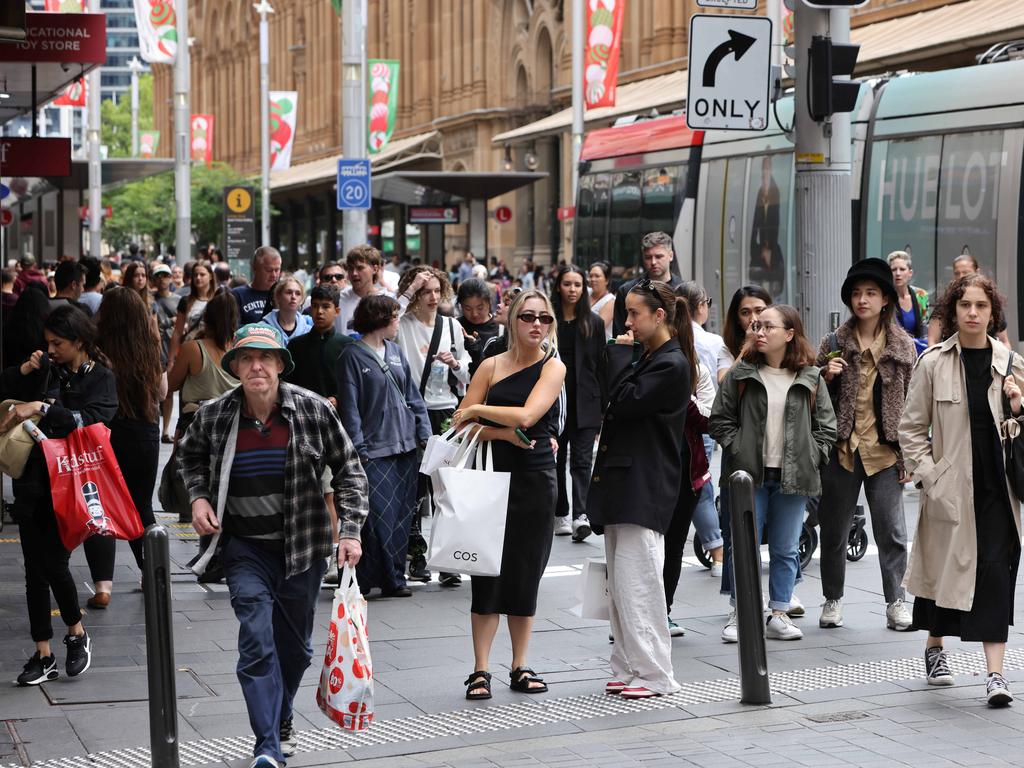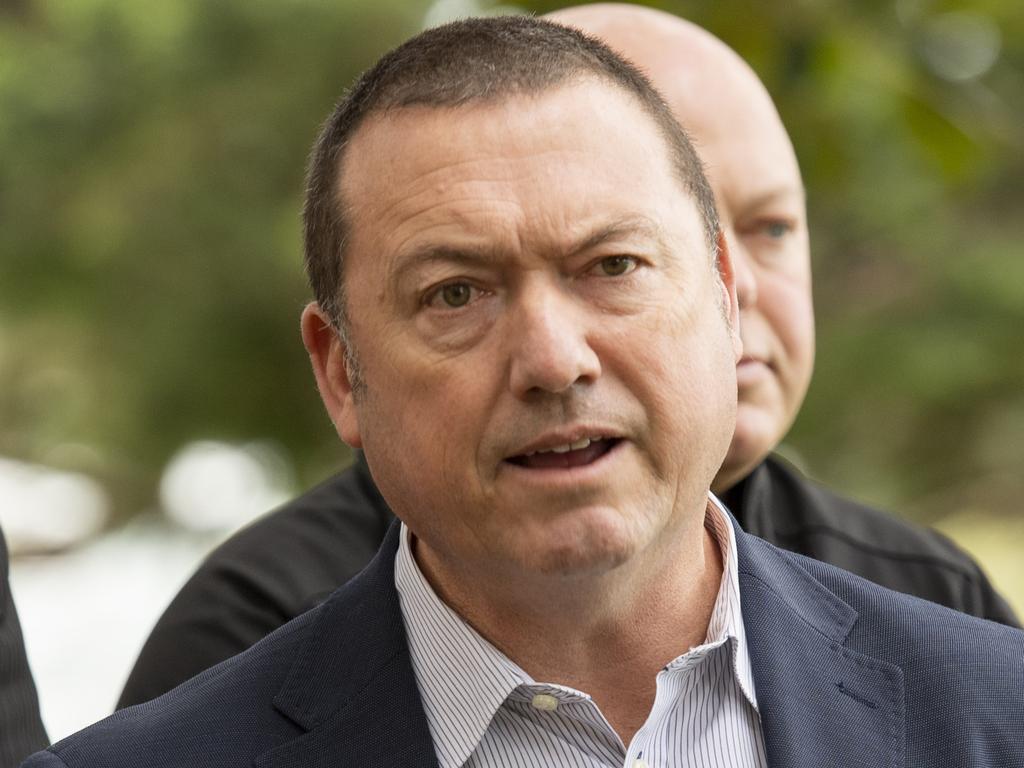Federal budget 2023: CFMEU’s John Setka delivers strike warning on wages
The CFMEU boss says he expects construction workers to take industrial action in pursuit of annual pay rises of at least 5 per cent.

CFMEU boss John Setka says he expects construction workers to take industrial action in pursuit of annual pay rises of at least 5 per cent, claiming he took “pie in the sky” federal budget forecasts of lower inflation “with a grain of salt”.
Dismissing the Reserve Bank’s warnings of a wage price spiral, Mr Setka attacked the bank for 11 interest rate rises after saying there would not likely be any before 2024, and accused profitable major employers of price gouging.
The CFMEU’s construction division has traditionally been a national pacesetter for private sector wage increases, securing annual 5 per cent pay rises in commercial construction before the pandemic.
Members accepted a 3 per cent annual pay rise under a 2020 agreement in exchange for a doubling of redundancy payments.
“Logic would say you have got to go for higher than five, that’s the reality,” Mr Setka told The Australian. “Our thing is: plan for the worst and hope for the best. If we get slightly more than people think we are entitled to, so be it.
“Families are struggling. We’re almost becoming the working poor. That’s how bad it is.
“There’s not many apartments being built at the moment … there are still a lot of people walking around with no jobs.”
He said the union would be directed by members who were being surveyed about what they wanted in the claim. He said they could go for a higher increase in the first year of the deal or pursue pay rises that were tied to a future inflation rate plus 1 or 2 per cent.
“That could be the easiest way to do it, but we don’t know where it’s all going to go,” he said.
According to the budget, annual wages growth is forecast to reach 4 per cent next financial year, the fastest rate in 15 years, with an earlier than expected return to real wages growth tipped for early 2024.
Inflation is forecast to be 6 per cent at June 30 this year, falling to 3.25 per cent over the next 12 months and 2.75 per cent by mid-2025.
“It’s all crystal ball stuff,” Mr Setka said. “It’s all pie in the sky stuff. You have got to take with a grain of salt, some of the things they say. Who knows? It depends on what happens with world markets. Everything has got to go right for all this to play out the way they say it will.”
For the first time, construction workers are being surveyed about whether they are prepared to walk off the job and what form of industrial action they would be willing to take.
Mr Setka, the union’s Victorian leader, said he expected big companies to oppose the wage demands and workers would take industrial action, including rolling bans, that disrupt the troubled sector.
As well as pay rises, higher allowances, greater strike rights, and a five-day week, he said the union would also push for a new scheme to fund maternity leave for female construction workers and paternity leave for male building workers. “As far as we’re concerned, we think it’s going to be a blue,” he said. “Our members are hard working. They’re selling their labour and they want to sell it for a good price.
“We deliver buildings ahead of schedule, ahead of time. Everyone is making a profit but it’s like we’re the ones who have to pay the price for everything.
“It’s just going to be a very, very important EBA for our members, the most important in my time.
“My view is … people are going to take industrial action for this one. It’s not going to be a rollover and just sign the document. I think we are in for a fight.”
His comments came as employers said excessive wages increases would cause job losses. Australian Industry Group chief executive Innes Willox said it was “crucial we do not see an unsustainable increases in wages over the next year to further fuel inflation (and) interest rates”.








To join the conversation, please log in. Don't have an account? Register
Join the conversation, you are commenting as Logout